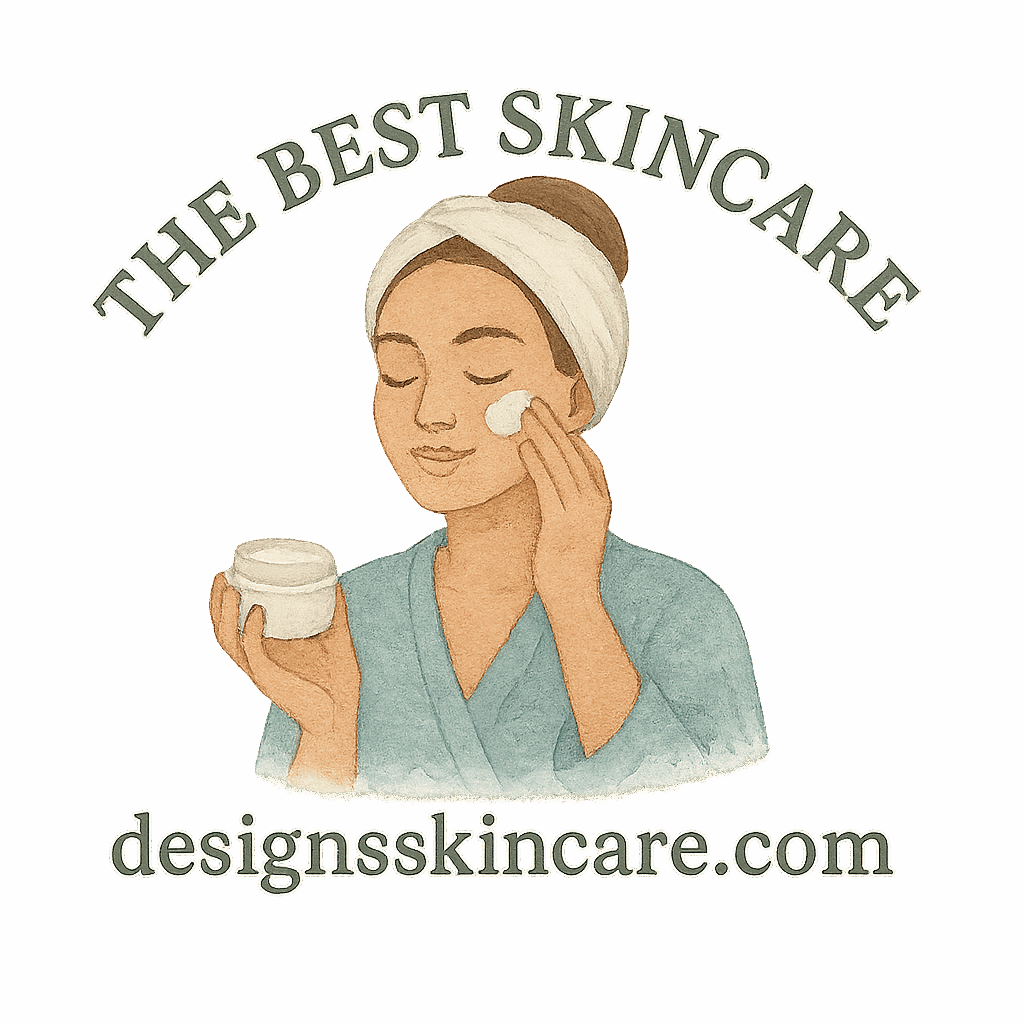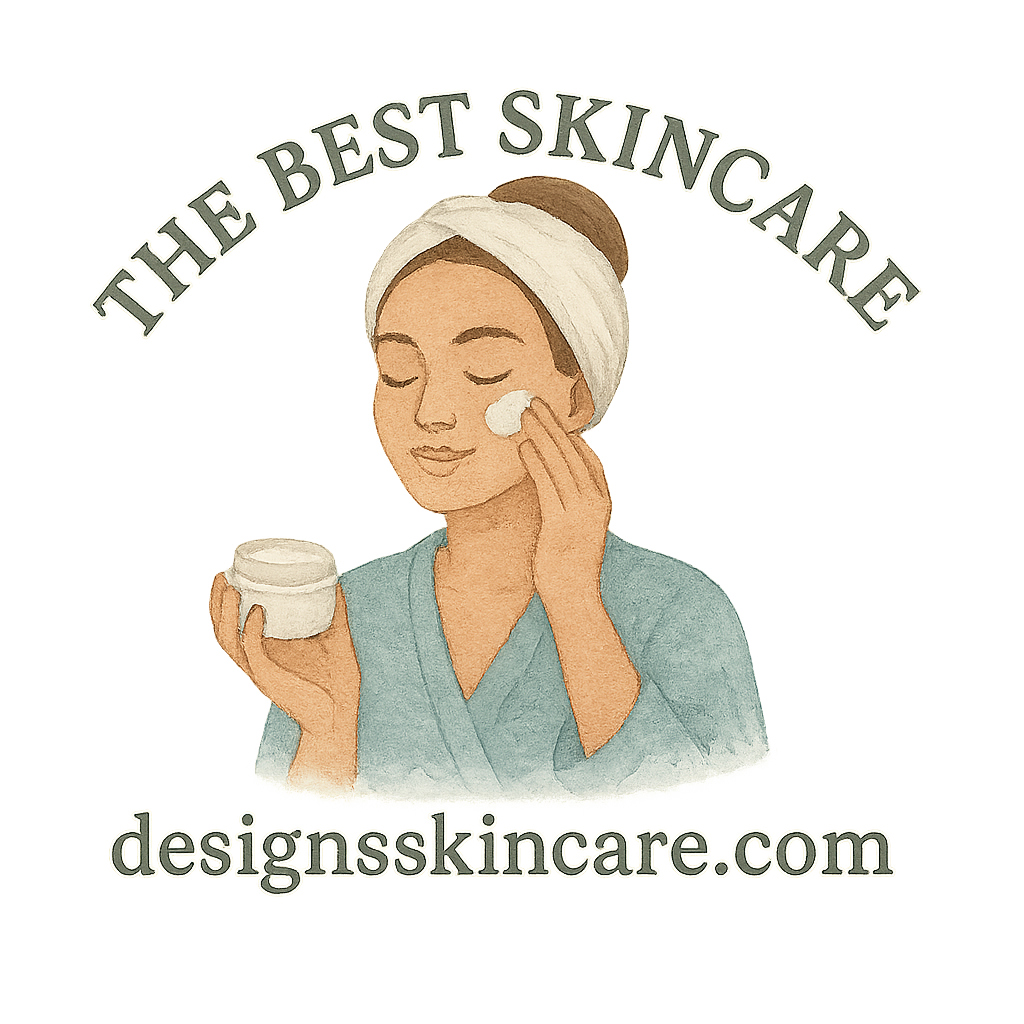Uneven skin tone—those annoying dark spots, patches, and discolorations—can sneak up on the best of us. Whether it’s from sun damage, hormones, acne scars, or aging, achieving a smooth, radiant complexion often feels like chasing a dream. But good news: it’s totally achievable with the right skincare solutions and a little patience.
Let’s dive into the best ways to bring balance back to your skin and glow up your routine.
Understanding Uneven Skin Tone
What Causes Uneven Skin Tone?
Uneven skin tone happens when melanin isn’t distributed evenly across your skin. The culprits?
- Sun exposure
- Hormonal changes (hello, melasma!)
- Acne scars
- Inflammation
- Aging
Add stress, pollution, and lack of sleep to the mix, and you’ve got yourself a recipe for patchy pigmentation.
How to Identify Uneven Skin Tone
Look for dark spots, hyperpigmentation, redness, and dull patches. It can affect your cheeks, forehead, or chin—and sometimes all over. A mirror and good lighting are your best friends for spotting it.
Why Treating Uneven Skin Tone is Important
It’s not just about looks. Uneven tone can signal deeper skin issues like inflammation or sun damage. Treating it improves your skin’s health, boosts confidence, and sets a solid foundation for makeup and skincare to work better.
Check out the Skincare by Skin Type section on DesignsSkincare for tips tailored to your needs.
Best Skincare Solutions for Uneven Skin Tone
Let’s get into the real deal—the products and ingredients that can truly transform your skin.
1. Vitamin C Serums
How Vitamin C Helps Even Out Skin
Think of Vitamin C as your skin’s BFF. It brightens, fades dark spots, and fights off environmental damage. It’s also a powerful antioxidant that helps with collagen production.
Recommended Products & Usage Tips
Use a Vitamin C serum in the morning before sunscreen. Look for L-ascorbic acid at 10-20% concentration for best results. Pair it with hydration-boosting products to prevent dryness.
2. Niacinamide Treatments
Benefits of Niacinamide for Discoloration
Niacinamide (Vitamin B3) is a multi-tasking marvel—it brightens, evens tone, strengthens the skin barrier, and reduces redness.
How to Incorporate Niacinamide into Your Routine
Use it daily, morning or night, layered after cleansing. It pairs well with most ingredients (even retinol!) and is a hero for sensitive skin.
Read our full Skincare Routine guide to learn how to layer your products correctly.
3. Chemical Exfoliants (AHAs/BHAs)
Removing Dead Skin Cells Safely
Alpha Hydroxy Acids (like glycolic acid) and Beta Hydroxy Acids (like salicylic acid) exfoliate dead skin, unclog pores, and boost cell turnover. Translation? Brighter, more even skin.
Best Practices for Exfoliating
Don’t overdo it—2 to 3 times a week is plenty. Over-exfoliating can damage your barrier. Always follow with a moisturizer.

4. Retinoids and Retinol
Stimulating Cell Turnover
Retinoids speed up skin cell turnover, fade dark spots, and boost collagen. Great for both acne and aging skin.
Using Retinoids for Beginners
Start slow—twice a week—and use a pea-sized amount. Expect some dryness at first. Stick with it, and your skin will thank you.
Need a Skincare Guide? We’ve got your back.
5. Sunscreen – The Ultimate Preventative Solution
Why SPF is Non-Negotiable
Skipping sunscreen undoes all your hard work. UV rays worsen pigmentation and trigger melanin production.
Choosing the Right Sunscreen
Go for broad-spectrum SPF 30 or higher, and reapply every two hours. If you’re outdoorsy or travel a lot, see our Portable Products picks.
6. Hydrating Moisturizers
Preventing Dryness and Flakiness
Uneven skin often shows up more when your skin is dehydrated. Moisturizers lock in hydration and soothe irritation.
Ingredient Focus: Hyaluronic Acid
This hydration magnet plumps your skin and preps it for makeup. Combine it with other hydrating skincare ingredients for max glow.
7. Licorice Root Extract
Natural Brightening Power
A gentle, plant-based ingredient that helps fade hyperpigmentation and calm inflammation.
Ideal for Sensitive Skin
If your skin can’t handle acids or retinoids, licorice root extract is a great alternative.
Explore more Skincare Tips for sensitive and combination skin types.
8. Professional Treatments (Peels, Lasers, etc.)
When to See a Dermatologist
If OTC products aren’t cutting it, a derm can help. You might benefit from treatments like:
- Chemical peels
- Microneedling
- Laser therapy
Popular In-Office Procedures
These treatments work fast and target deep layers of pigmentation. Ideal for persistent melasma or post-acne marks.
Check our Skincare by Age section to find age-appropriate pro treatments.
9. Lifestyle Tweaks for Long-Term Results
Diet, Hydration & Sleep
You are what you eat—and drink, and how much you sleep. Eat antioxidant-rich foods (berries, leafy greens), stay hydrated, and clock those 8 hours.
Check out Skincare Diet for more food-related beauty tips.
Stress and Hormonal Influence
Stress can trigger breakouts and pigmentation. Hormonal acne is a major cause of uneven tone.
Explore our Hormonal Acne tag to understand and tackle it head-on.
Building a Routine to Target Uneven Skin Tone
Day vs. Night Routine Recommendations
Morning:
- Cleanser
- Vitamin C
- Moisturizer
- Sunscreen
Night:
- Cleanser
- Niacinamide / Retinol (alternate nights)
- Hydrating serum
- Moisturizer
Consistency is Key
Don’t expect miracles overnight. It usually takes 4–8 weeks to see visible results, but daily care pays off big time.
Common Mistakes to Avoid
- Skipping sunscreen
- Using harsh scrubs
- Mixing too many actives
- Not giving products enough time
- Ignoring hydration
Conclusion
Uneven skin tone doesn’t have to be permanent. With the right ingredients, consistent care, and a little bit of patience, you’ll be well on your way to a smoother, more radiant complexion.
Ready to glow? Dive deeper into Skincare on the Go, Glowing Skin, and more on DesignsSkincare.com.
FAQs
1. Can uneven skin tone go away on its own? Mild cases might fade with time, but targeted skincare speeds up the process.
2. Is exfoliating daily okay for uneven skin tone? Nope. 2–3 times per week is plenty. Overdoing it can damage your skin barrier.
3. What’s the best vitamin for uneven skin tone? Vitamin C is the gold standard, followed by Niacinamide and Vitamin E.
4. Can diet help improve skin tone? Absolutely. Antioxidant-rich foods and staying hydrated make a visible difference.
5. Are natural remedies effective? Some, like aloe vera and turmeric, may help—but results are slower than clinical-grade products.
6. How long before I see results from my routine? Typically 4–8 weeks, depending on the severity and consistency.
7. Can uneven skin tone be genetic? Yes, genetics play a role, but external factors usually make it worse.
Explore more on Beauty Tips, Skincare Products, and Product Guides for personalized skincare support.


